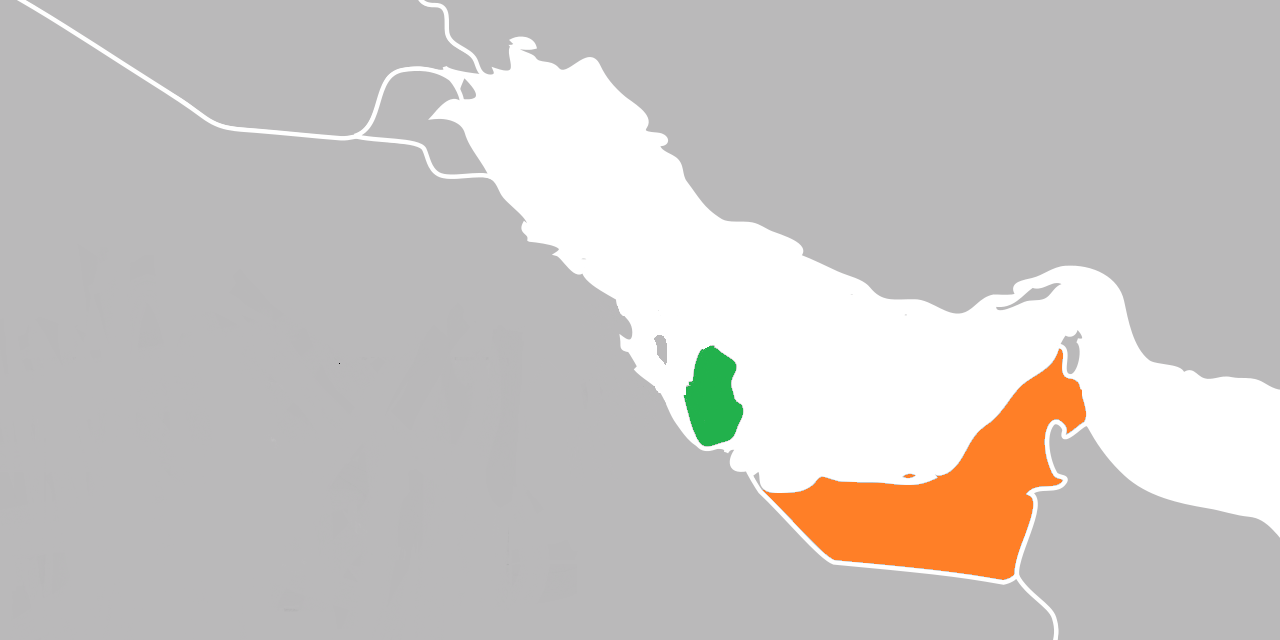
Led by Abdullah bin Sultan Al Owais, Vice President of the Federation of UAE Chambers and President of the Sharjah Chamber of Commerce, the delegation comprised over fifty business leaders. On the Qatari side, representatives from Invest Qatar, Qatar Development Bank and the Free Zones Authority presented opportunities across infrastructure, energy and technology.
At the opening of talks, QC Chairman Sheikh Khalifa bin Jassim bin Mohammed Al-Thani noted that bilateral trade had surged by roughly 50 percent in the previous year, rising to an estimated US$7.67 billion. He framed the meeting as part of a broader Gulf cooperation model, where both nations act as investment platforms and hubs for regional and global markets.
Al Owais emphasised that Emirati investment in Qatar already totals nearly US$7.9 billion, while Qatari capital placed in the UAE stands at about US$1.36 billion. He urged further collaboration in domains such as renewable energy, food security, AI, logistics and healthcare, framing the private sector as the engine of bilateral momentum.
Discussions delved into structuring new joint ventures, removing regulatory barriers, and co-financing innovation initiatives. The Qatari delegation underscored efforts to create a transparent investment climate, while the Emiratis highlighted the dynamism of their fintech sector and their appeal as a gateway to global capital flows.
Observers see the initiative unfolding in tandem with a broader regional shift toward diversified economies and private-sector anchoring. Analysts point to the growing significance of AI, sustainable energy and supply chain resilience in Gulf strategic planning. The automation feasibility study for Qatar’s manufacturing and service industries, released this month, reinforces the urgency of technology adoption across the Gulf.
This business dialogue succeeds several years of rapprochement between the two states, following a period of diplomatic disengagement. The renewed commercial focus signals that both governments perceive the private sector as central to their growth and stability strategies.
Among immediate prospects: logistics corridors linking Qatari ports with UAE hubs; joint food security projects leveraging agro-technology; energy projects tapping solar, green hydrogen and grid interconnection; and AI incubators combining Emirati capital with Qatari research capacity.
Some challenges remain. Regulatory harmonisation across two sovereign systems demands careful calibration of taxation, labour, and intellectual property norms. Private sector participants will watch execution closely, especially in licensing, customs facilitation and cross-border disputes.
The timing is notable: the UAE has been aggressively positioning itself as a regional financial and tech leader, while Qatar is pursuing a gradual shift away from hydrocarbon reliance. The ongoing closure of Julius Baer’s Doha office—and its relocation to Abu Dhabi—underscores evolving capital flows in the Gulf, as financial players recalibrate strategy.
Topics
Qatar
